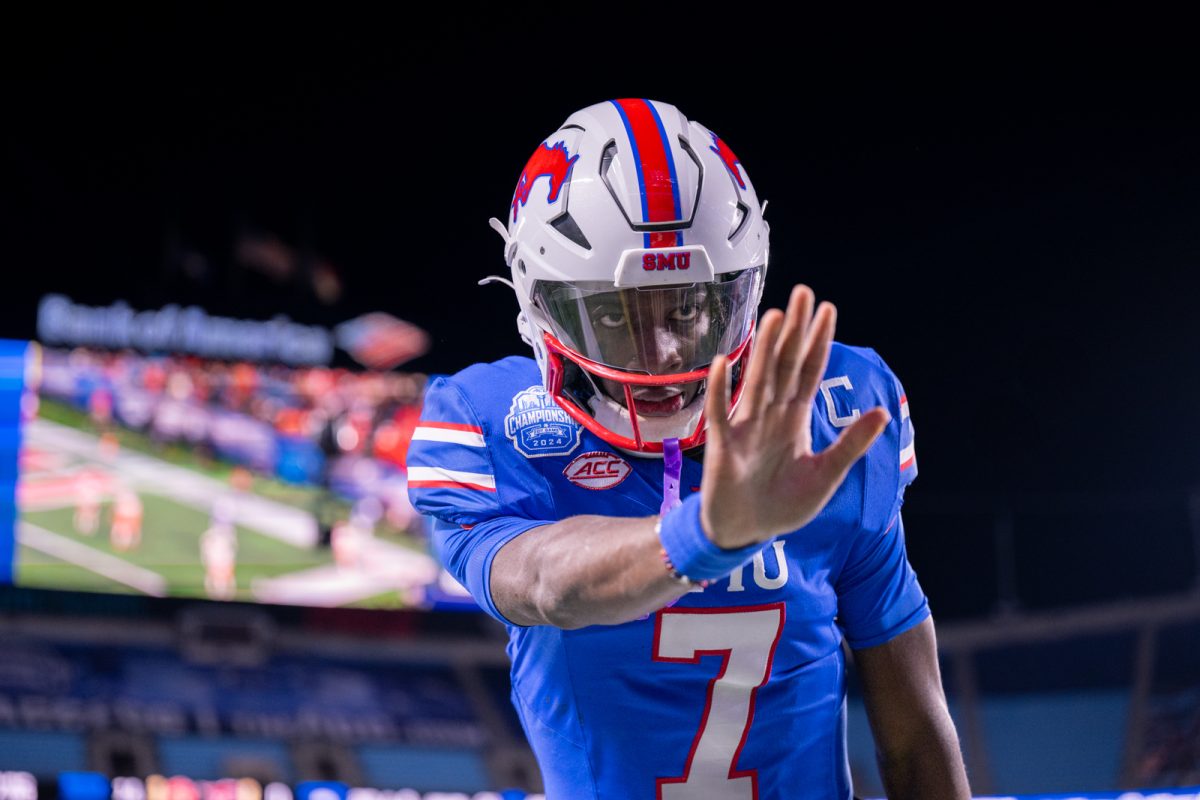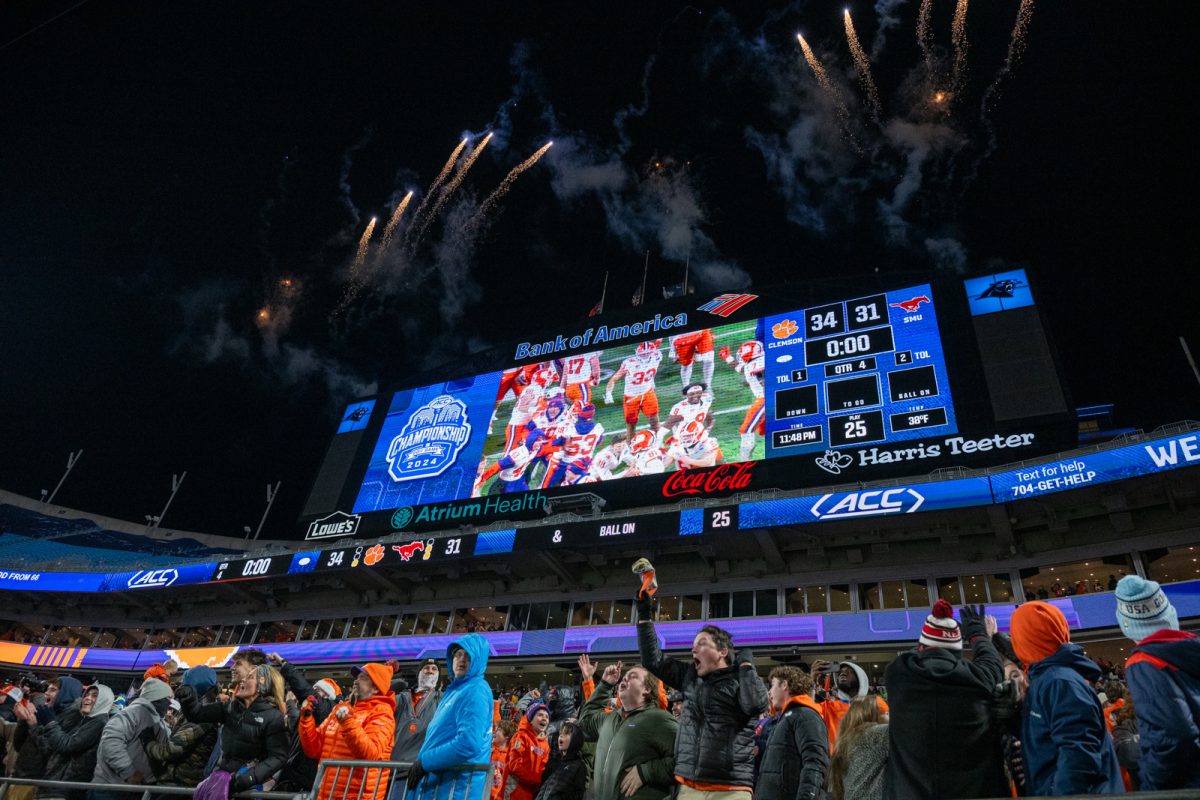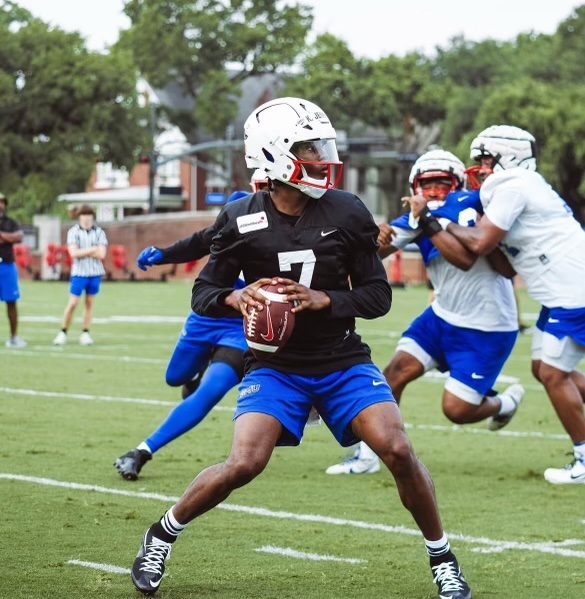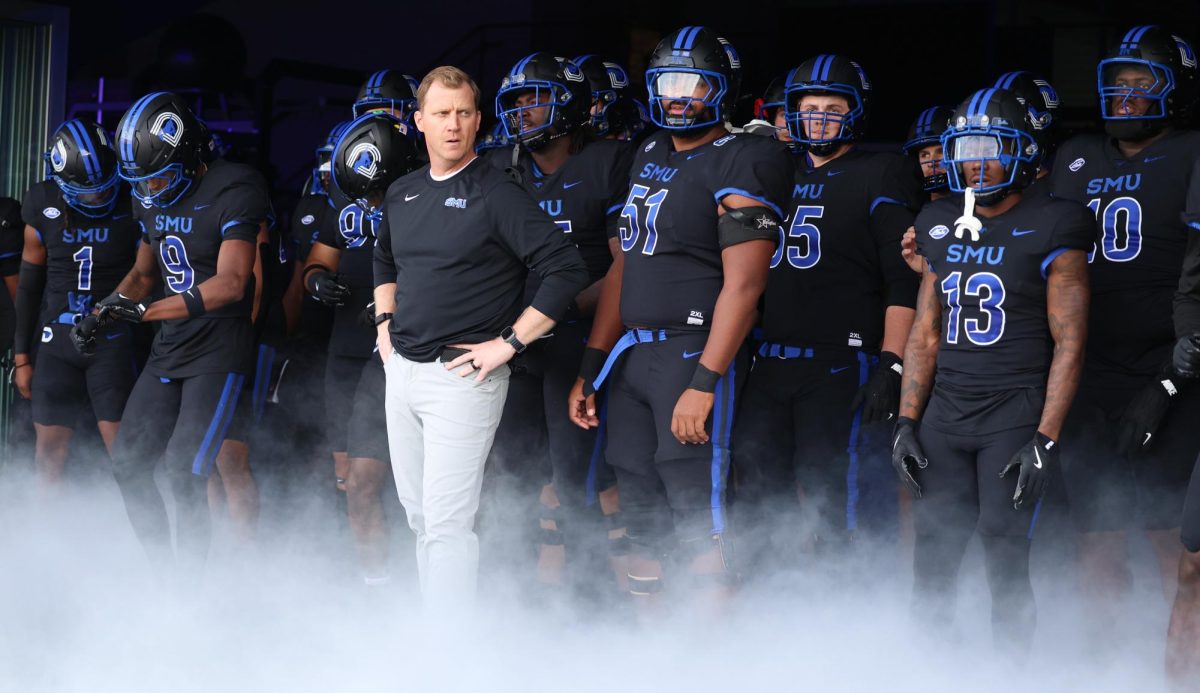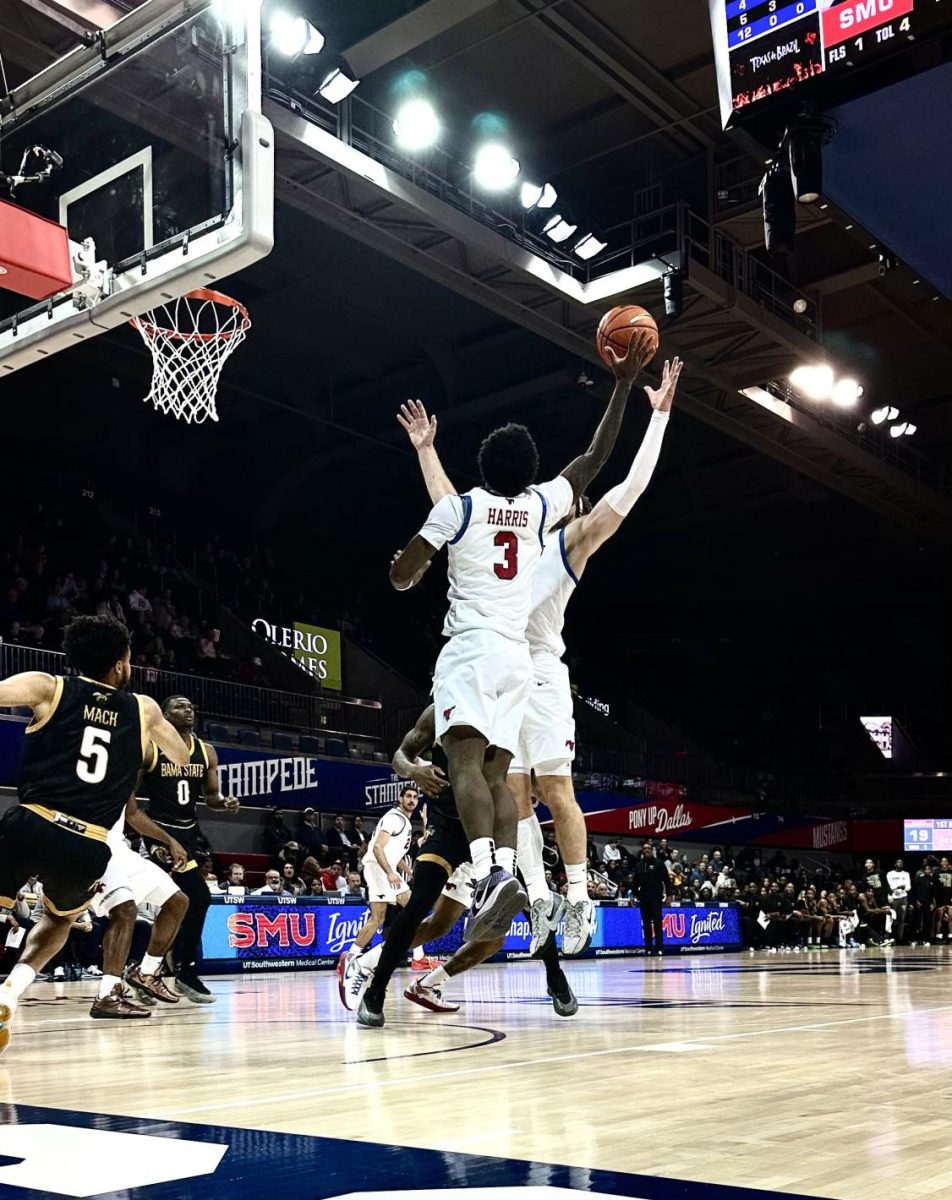SMU head basketball coach Larry Brown spoke to the faculty club Wednesday in the Ernst & Young Gallery as part of the 2012 to 2013 Distinguished Luncheon Series.
Brown has been the head coach of basketball at SMU since April 2012. He is the only head coach to win an NCAA title and an NBA championship and the only U.S. male to play and coach basketball in the Olympics. Brown has an impressive coaching tree including Greg Popavich, Bill Self and John Calipari.
SMU will make its move into the Big East next year and Brown and his staff are already working on getting the team ready for a higher level of play.
“We have three great transfers that are Big East - caliber players. And when I watch them practice I think ‘we aren’t bad’ but then I realize that they can’t play next year,” Brown said. “It makes me a little nervous and I think the players that we recruited were recruited to play in Conference USA. We’ve got to raise the level of that up too.”
With basketball having such a long season, winning and losing streaks are inevitable. Brown said there are four big things in coaching: getting great players, teaching them how to win and deal with winning and to win championships.
“I cant promise wins and losses, but I can promise you all that we will play hard, we will play together, we will look like we are having fun and hopefully we’ll play smart,” Brown said. “And it’d be nice if we defended and rebounded.”
The Hall of Fame coach recalled playing in Moody Coliseum during his younger days and said it is very much the same as it was, but hopefully the $40 million renovation will change that. Brown also said that while the stadium might be the same, the game of collegiate basketball off of the court is not.
“You know I haven’t done this [recruiting] in 25 years at the college level,” he said. “It used to be you spoke to the guidance counselor, the coach and then you met the parents, and most kids had both parents. It’s nothing like that now. There are so many layers that you have to go through. I haven’t found many parents making decisions for the kid. Very rarely is the high school coach involved. “
Brown said the expectations of the student athlete have also changed. When Brown was a coach at Kentucky, players played in the NCAA for four years before possibly going to the NBA. Today many enter collegiate play expecting to go pro after one year.
“A lot of [athletes] think they are failures if [they don’t go pro],” Brown said. “I try to be real with them. They aren’t failures; there is life after basketball.”
For Brown it isn’t just about basketball, it’s about the athlete and making sure they are doing well academically and are on the right path to be successful when their basketball journeys are over. He feels that an increase in attendance will be beneficial to everyone.
“We’ve got to start to figure out how our students come to games,” Brown said. “It can have a positive effect on all of us. I have found out, the more successful you are athletically, the better you are academically,” he said.
One of the ways Brown tries to promote academic success in his athletes is by making the entire team pay whenever an athlete gets off track. He says it forces the team to come together and hold each other accountable. He’d rather have them be a little disappointed in him and love each other.
“I want them to know that if you don’t do your job, if you don’t act like a decent person, if you don’t take responsibility for your actions, you affect everybody,” Brown said.



